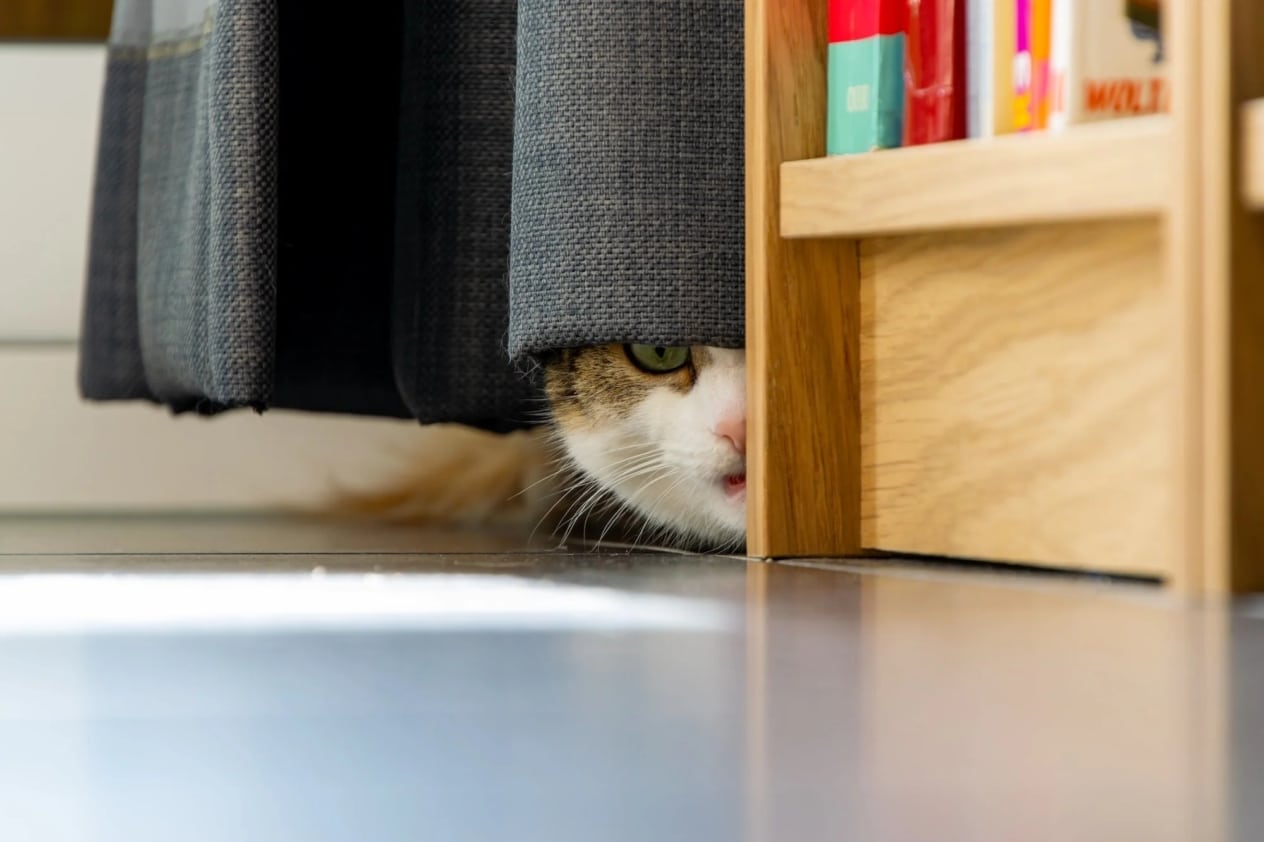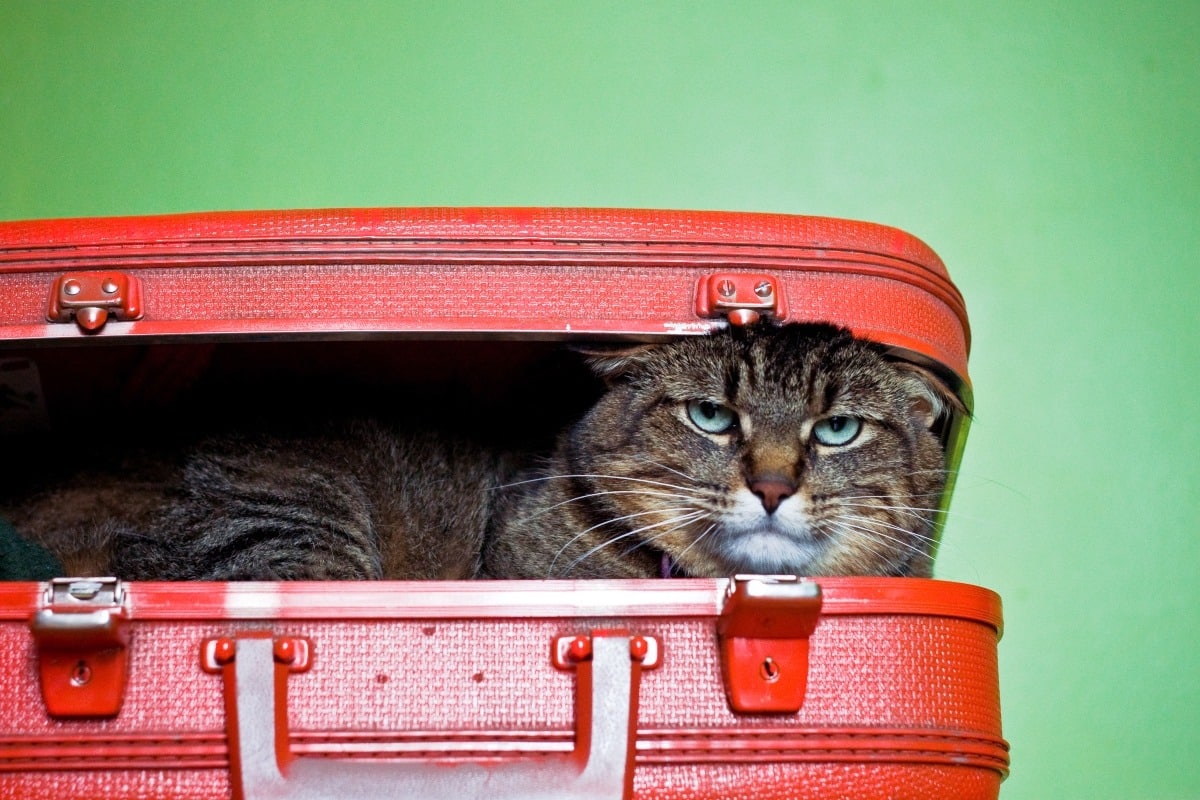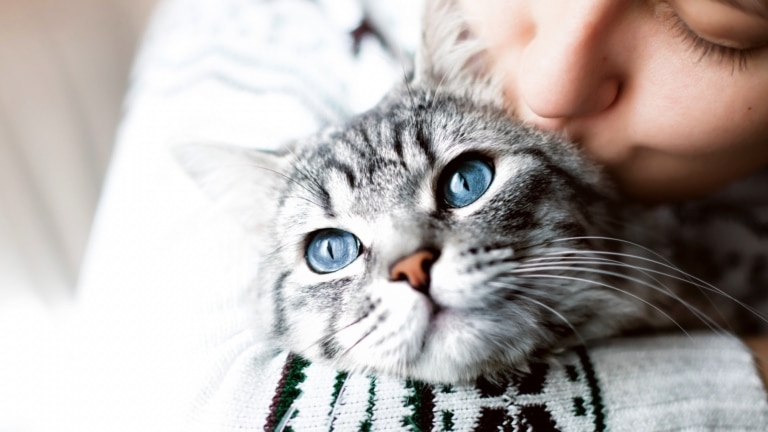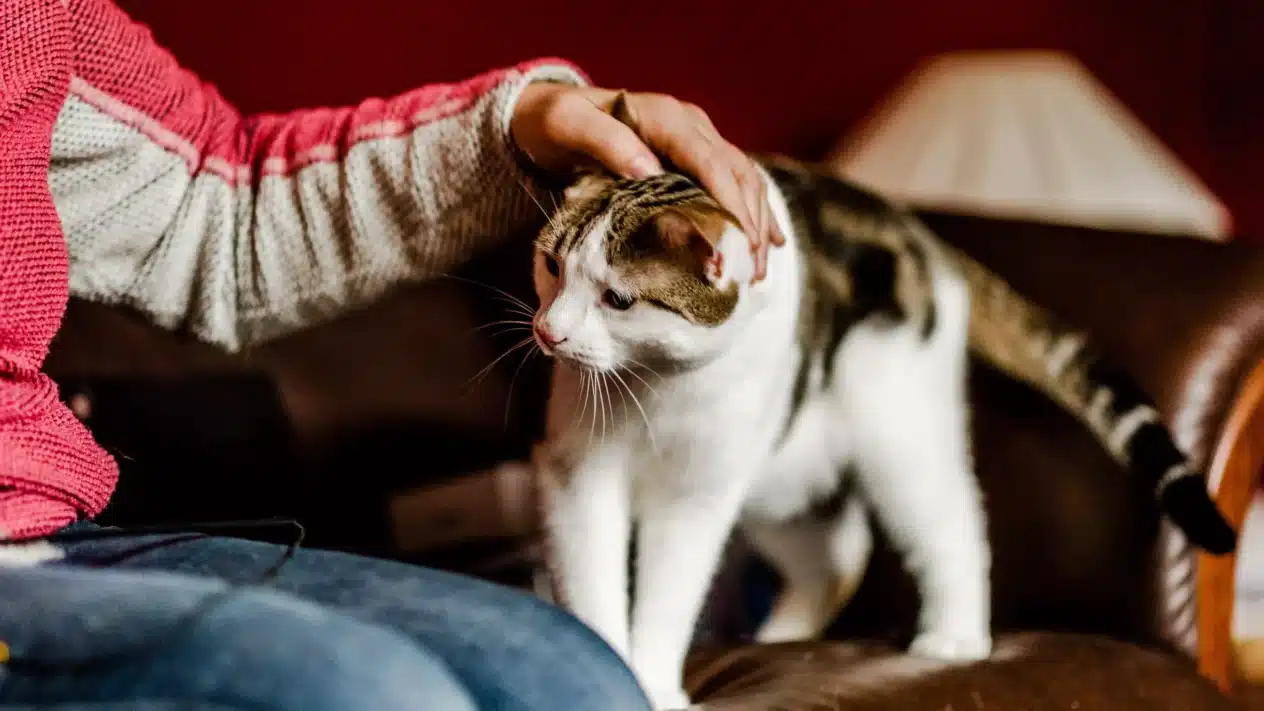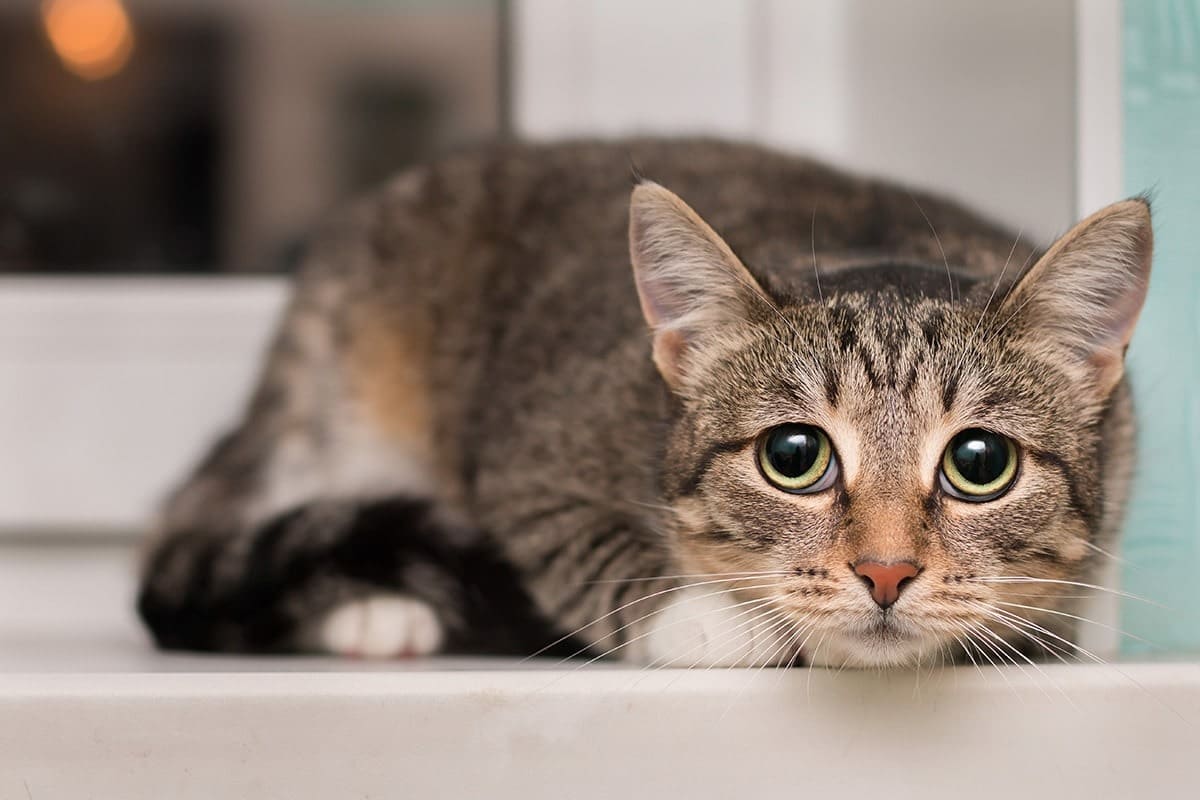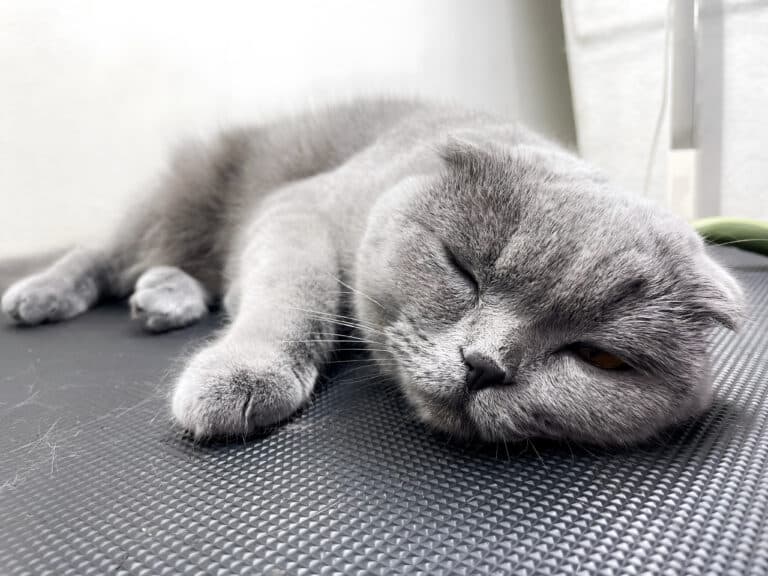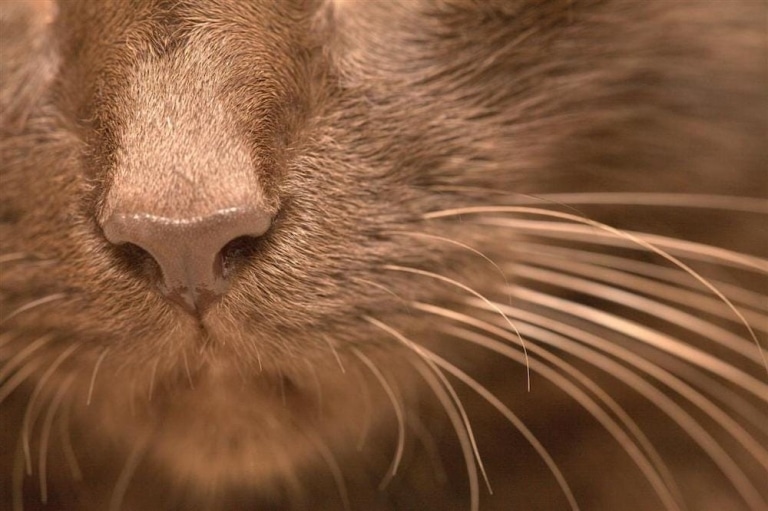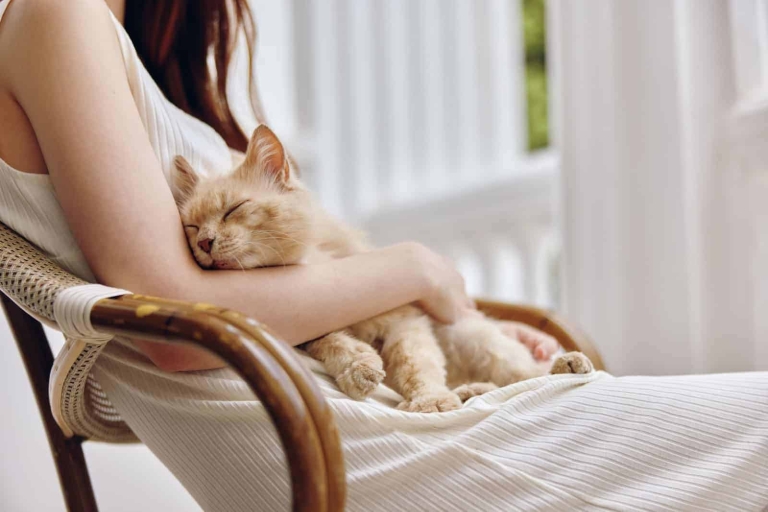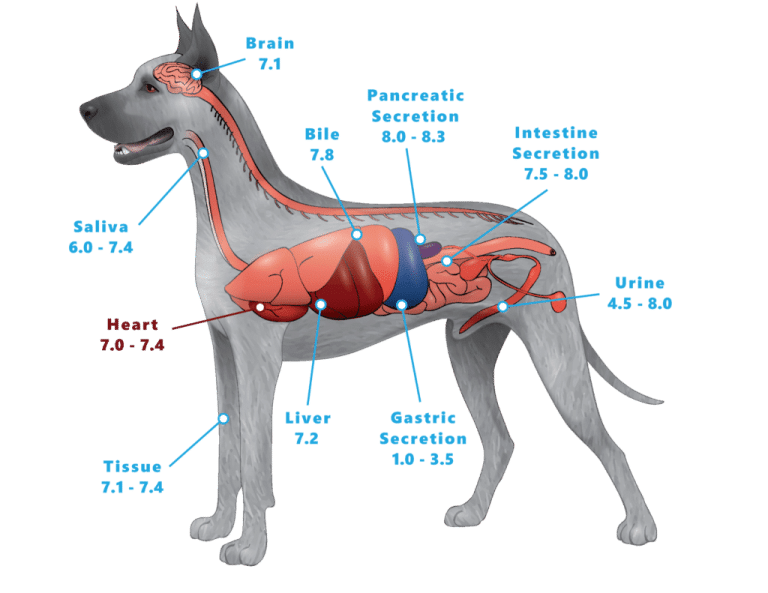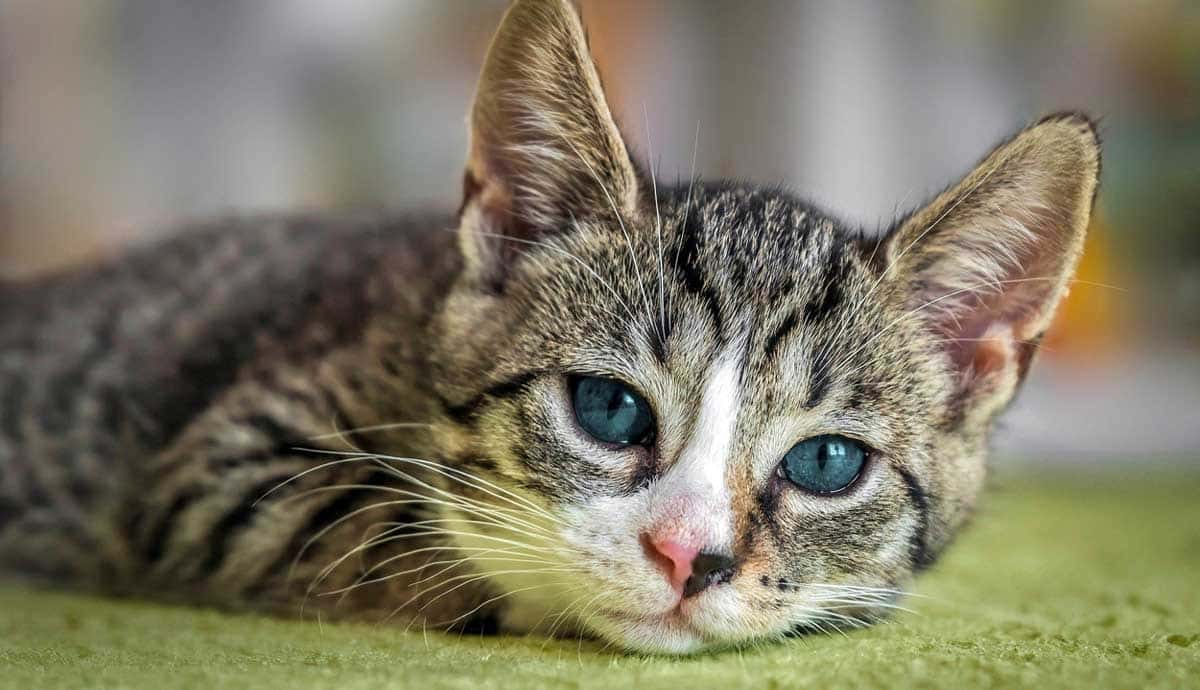
Cats are individualists. They are often compared to dogs and are called indifferent, selfish, even unsociable. But cat owners know: it is worth disappearing from the house for a day or two – and the cat either defiantly ignores, or vice versa – does not leave you a step. So what is it – just a habit to the feeder or real emotions? Do cats really miss us when we leave? The answers will surprise you.
Unlike dogs, cats see territory as their main source of stability. That’s why they are so attached to a place rather than traveling. But that doesn’t mean they don’t notice your absence. They are keenly aware of a change in routine – for example, if your “Good morning” hasn’t sounded in the morning, the bowl has been left empty for too long, or the apartment is too quiet. Some cats begin to sleep more, others – on the contrary, become anxious: meowing, looking for the owner around the house, even stop eating. All these reactions are nothing but a manifestation of sadness. For an animal accustomed to a stable schedule, the disappearance of the main figure in the house is stressful.
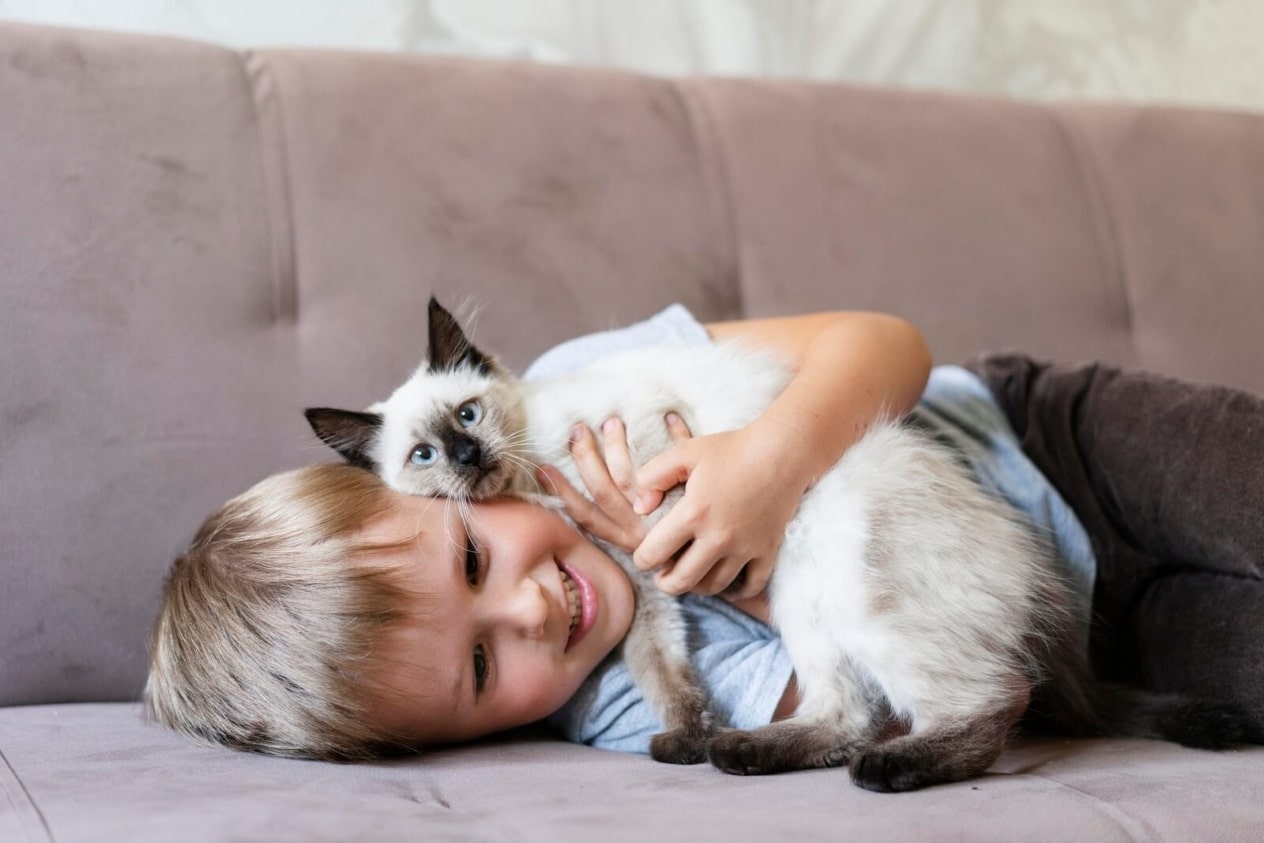
Evidence from scientists and feline emotionality
Despite the common myth of “self-sufficiency,” science confirms it: cats get emotionally attached to their humans. In 2019, researchers at the University of Oregon conducted a test like the “attachment test” previously used to evaluate children. And guess what? 64% of the cats showed stable attachment to their owners – they sought eye contact, reached for their hands, were nervous when separated, and calmed down when returned. This is almost the same result as in dogs and even children! That is, the cat, although appearing independent, has deep social bonds and is able to experience sadness, loneliness and even “resentment”.
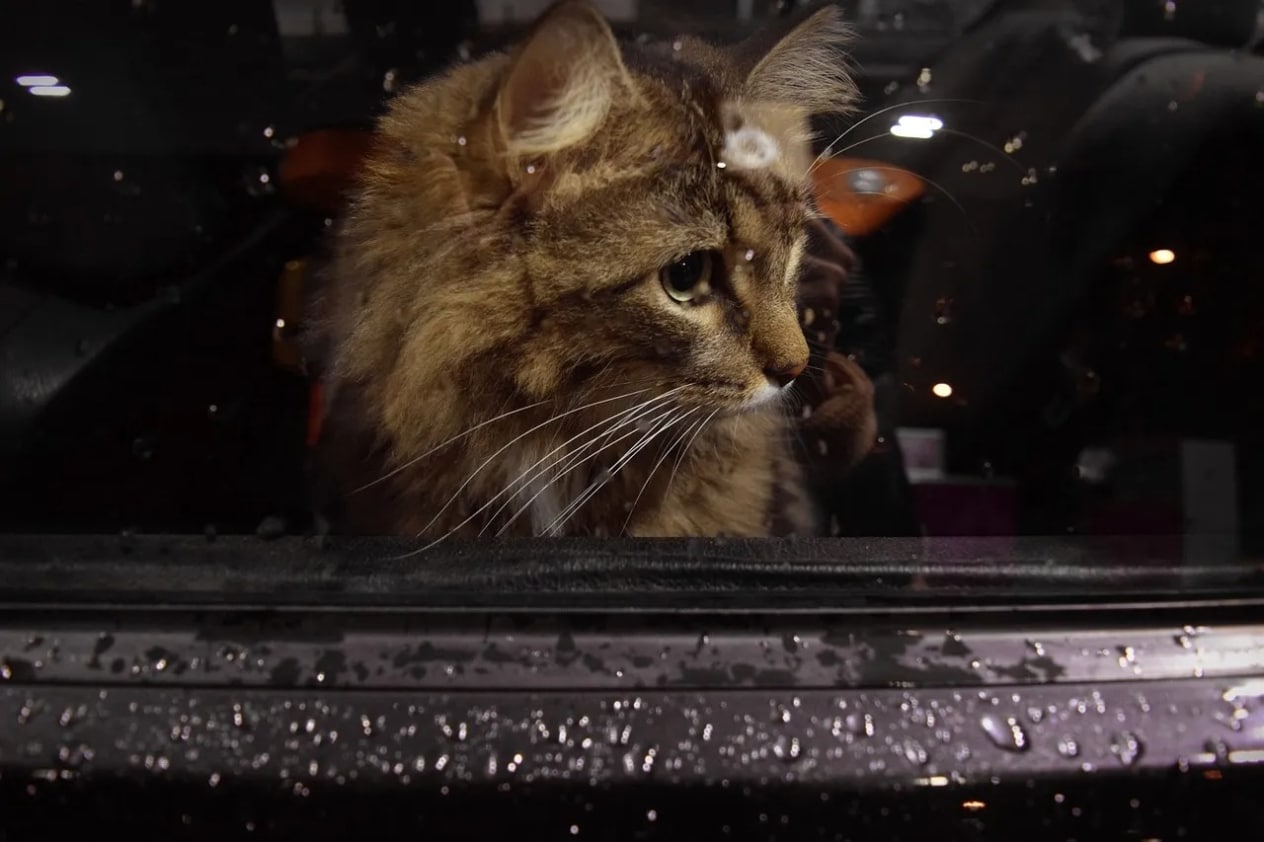
How does feline sadness manifest itself and what to do about it?
Every cat is unique, and sadness can manifest itself differently in them. One becomes silent and apathetic, while another meows loudly and searches for the owner in every room. Some begin to refuse food, spoil things, even do the need in unfamiliar places – not out of malice, but because of stress. To help your cat get over your absence more easily, you can leave a T-shirt with your scent, turn on the TV or radio, leave interactive toys. And if you’re planning a trip for a few days, ask a trusted cat friend to stop by and pay a little attention. Because for your cat, you are part of his world. And this world, without you, temporarily falls to pieces.
Conclusion
Cats, although they appear independent, are capable of missing their humans deeply. Their sadness is not as obvious as dogs’, but it is real and proven by science. If you love your feline friend, rest assured: he loves you too. And even if he meets you after a vacation with an indifferent look – just know that he was waiting. And very.
